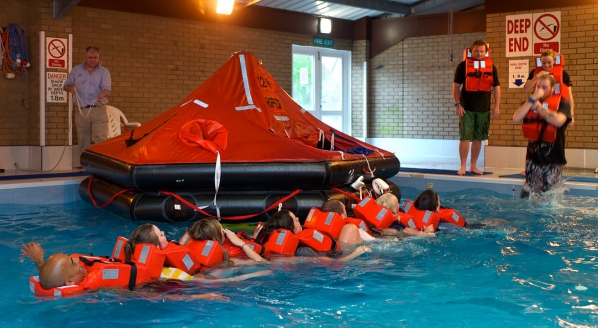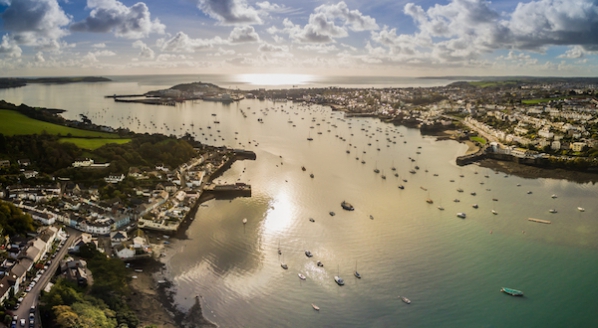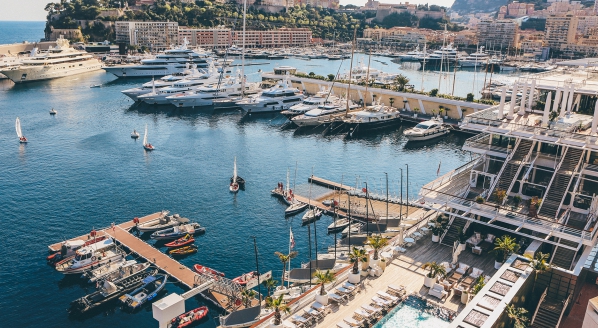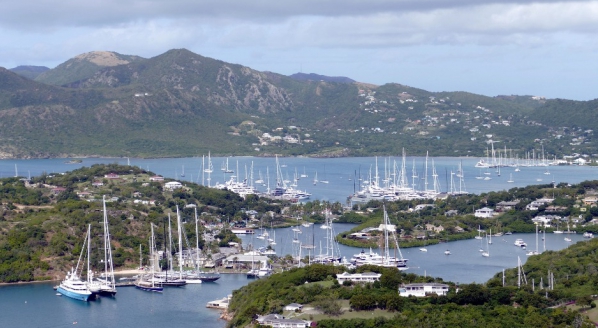SuperyachtNews COVID-19 Advisory – Spain extends state of alarm
Miguel Ángel Serra, partner at Albors Galiano Portales, provides an update on the situation for yachts in Spain……
On Saturday 4 April, the Spanish government announced that, for the second time, it will request the extension of the national state of alarm until 25 April. It is likely that further extensions will come, albeit perhaps with less restrictive measures dependent on the evolution of the pandemic in Spain. In fact, the new proposed extension will not contain the same measures imposed from 30 March to 9 April, which prevented any ‘non-essential’ activity. This means that shipyards and marinas will be able to return to operations from 10 April with the recommended safety measures required by the authorities.
The limitations to the freedom of movement are also applicable to yachts and, consequently, pleasure and commercial yacht navigation has been banned. However, entering Spanish ports with industrial facilities for refit and repair purposes will be allowed from 10 April on the same terms that it was allowed before the extraordinary measures taken on 30 March.
Ships transporting yachts may be unloaded in all Spanish ports, even if departure took place after the declaration of the state of alarm. This allowance was finally decided in Palma on 2 April by the Government Delegation in the Balearic Islands in cooperation with the State Attorney and Port Authorities (not without considerable debate). The yachts were finally categorised as freight and, considering also the guarantee of customs transit in ports stipulated in the Decree approving the state of alarm, yachts can be unloaded. After being granted special permission, yachts are then permitted to sail to moorings by the yacht’s crew, who are then obligated to remain confined to the yacht just like the rest of the population, unless they have residency in the local area.
As stated in previous coverage, from 17 March, external EU borders have been closed to citizens of third-party countries for at least 30 days. Therefore, any ‘non-essential travel’ into the EU area (including Schengen member states and Schengen associated states) is still restricted.
At the request of the Spanish Federation of Marinas and Touristic Ports (FEAPDT) and ANEN (Spanish Nautical Businesses Association), on 27 March, the Guardia Civil issued a document stating the procedures and measures to be taken by marinas for arriving private and commercial yachts from Spain, EU or third countries. The Guardia Civil had advised that the restrictions to the freedom of movement of people and private vehicles would also be applicable to private yachts sailing in Spanish territorial waters upon arrival of the yacht at the marina, allowing therefore its arrival and mooring with the crew obligated to remain confined following the same measures established for the rest of the population.
In the past week, some yachts have had bad experiences returning from Caribbean, being denied entry into regional ports in the south of Spain but luckily finding shelter in nearby state ports...
However, we have had doubts on whether the above criterion was applicable to regional ports as well as state ports. In the past week, some yachts have had bad experiences returning from Caribbean, being denied entry into regional ports in the south of Spain but luckily finding shelter in nearby state ports. This possibly reflects that there is still a lack of communication or, perhaps more likely, differences in criteria between state and regional ports.
Further clarification is urgently needed since, on 26 March, the Managing Director of Regional Ports in the Balearic Islands issued an instruction with a much more restrictive criterion than that issued by the Guardia Civil. His instruction allows yachts to enter regional marinas and ports only in cases of a force majeure. We hope to clarify this relevant point in the very near future with the relevant ministries in Madrid.
Of course, the above refers to the port entrance of yachts, but the disembarkation of crew or guests on board is a completely different matter. The criteria established by the Guardia Civil, which must be followed throughout the whole Spanish territory, states that disembarkation may be allowed only in cases of force majeure and always on the condition of the positive evaluation by the Government Delegation. Therefore, the general rule upon arrival is that guests and crew are not allowed to disembark, and must remain on board for the quarantine period (currently until next 25 April included, but likely to be extended), and follow all confinement measures.
Given that measures are changing dynamically based on the evolution of the pandemic, it is recommended that yachts confirm authorisation to stay at port prior to arrival, communicate the time period and reason of stay, as well as the number and identity of persons on board. We can help to manage those steps with the relevant authorities.
Throughout the COVID-19 pandemic, SuperyachtNews is dedicated to providing the superyacht industry with the most up to date and practical information available. If you have a piece of key advisory content that you would like to share with the market, please contact rory@thesuperyachtgroup.com.
NEW: Sign up for SuperyachtNewsweek!
Get the latest weekly news, in-depth reports, intelligence, and strategic insights, delivered directly from The Superyacht Group's editors and market analysts.
Stay at the forefront of the superyacht industry with SuperyachtNewsweek
Click here to become part of The Superyacht Group community, and join us in our mission to make this industry accessible to all, and prosperous for the long-term. We are offering access to the superyacht industry’s most comprehensive and longstanding archive of business-critical information, as well as a comprehensive, real-time superyacht fleet database, for just £10 per month, because we are One Industry with One Mission. Sign up here.
Related news

SuperyachtNews COVID-19 Advisory – MCA issues certification guidance
The MCA’s COVID-19 contingency plan provides exemptions for those renewing or updating STCW training
Crew

SuperyachtNews COVID-19 Advisory - Can charters be cancelled?
Benjamin Maltby, partner at Keystone Law, provides some useful tools for guiding clients at this confusing time
Owner

SuperyachtNews COVID-19 Advisory - ISWAN launches guidance video
Guidance and information for seafarers by counselling psychologist, Dr. Kate Thompson
Crew

SuperyachtNews COVID-19 Advisory – superyachts arriving in UK
Practical advice for yachts arriving in UK waters in light of the COVID-19 pandemic
Business

SuperyachtNews COVID-19 Advisory – Crew employment
The Jaffa & Co team explores the impact of COVID-19 on superyacht crew employment
Crew

SuperyachtNews COVID-19 Advisory – Antigua goes into lockdown
This follows a ban on entry to yachts in Antigua and Barbuda for a period of 14 days
Business
Related news
SuperyachtNews COVID-19 Advisory - HFW Briefing
5 years ago
NEW: Sign up for
SuperyachtNewsweek!
Get the latest weekly news, in-depth reports, intelligence, and strategic insights, delivered directly from The Superyacht Group's editors and market analysts.
Stay at the forefront of the superyacht industry with SuperyachtNewsweek




